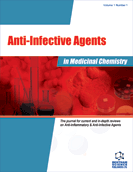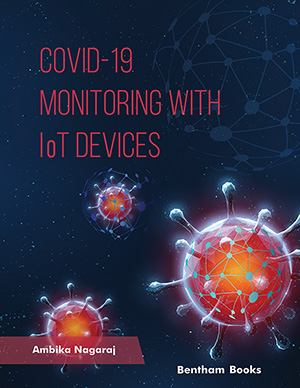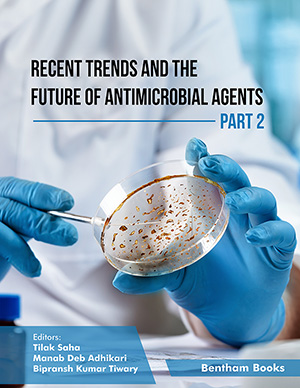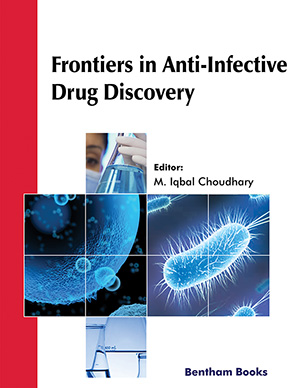Abstract
Malaria with 1 million deaths and about 500 million new cases reported annually is a challenge to drug therapy and discovery. Drug resistance accompanied by lack of progress in the development of vaccines or resistant reversal agents has further aggravated the situation. In this scenario, development of antimalarials acting by novel pathways is the best option. Decoding of the Plasmodium falciparum genome has helped scientists working in the area of drug development by providing new drug targets such as carbonic anhydrase, homocysteine hydrolase, antioxidant proteins, glutathione reductase etc. Efforts are ongoing to elucidate structures and functions of novel targets. These developments will form an important part of this review. Developments related to novel antimalarials such as Ugi adducts of chloroquine, polar derivatives of artemisinins, amino acid complexes of 8-aminoquinolines, bioimidazoles, t-butylperoxyamines etc will also be reviewed. We are working on drug discovery leading to development of novel antimalarials. A basic nucleus pyrimido-[4,5- b]quinoline was developed based on pharmacophoric studies. Appropriate substitutions on this basic nucleus taking into consideration overall basicity and lipophilicity are the prime considerations in the development of novel antimalarials. Preliminary work led to synthesis, characterization and evaluation of nine novel derivatives for antimalarial activity in mice infected with P. berghei using chloroquine as standard. Five out of nine derivatives were active and among these, three derivatives were found to be more potent than chloroquine. Encouraged by this positive outcome, additional novel derivatives are being developed. Efforts are also on to establish the likely targets with which these novel molecules interact.
Keywords: Malaria, resistance, malarial vaccine, P. falciparum genome, targets, antimalarials, pyrimidoquinolines
 22
22





















